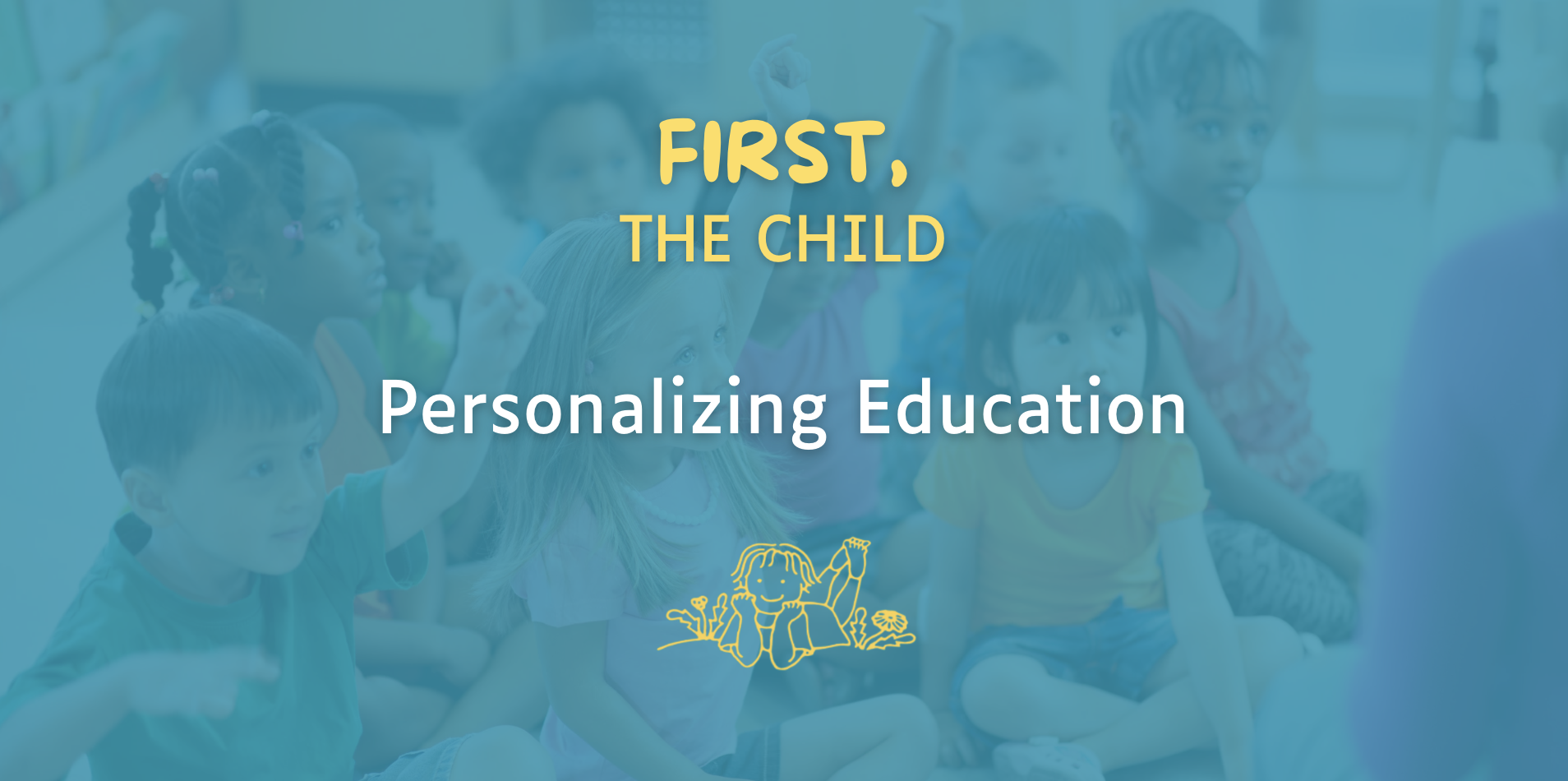First the Child: Personalizing Education
First, The Child is a blog series developed by FPPK to explore the school’s progressive approach to education. This next article in the series examines how FPPK personalizes each child’s learning experience.
What Does It Mean to Personalize a Child’s Education?
One of the teacher’s primary roles in the classroom is to observe behavior and a child’s growth along the learning spectrum. From there, a teacher can guide a child to the next logical step along their progression. This teaching style differs from taking a one-size-fits-all approach to learning; not all 3-year-olds learn the same thing at the same time. A teacher recognizes what a child needs to explore based on their understanding level and readiness for the next step.
“When we personalize a child’s activities in the classroom, we’re taking a close look at what a child is interested in and finding a way to use that interest to develop their skills further,” said Kristina Satchell, FPPK’s director.
For example, a child fully immersed in building with blocks is learning many things about their world, such as gravity, cause and effect, size differentiation, numeration, and new vocabulary. The wooden blocks are a tool for children to play with, and as teachers, they become a tool for connecting with the children to teach them the next concepts the child is ready to learn. Click here to learn more about the importance of block building in early childhood.
What Does Personalized Learning Look Like?
Teachers teach certain concepts to children in full groups during circle time, smaller groups, or even individual lessons.
No two children are the same, so learning approaches differ based on the child.
Teachers center their day around each child, closely following them on their learning path.
First Presbyterian Preschool and Kindergarten is a child-centered, family-driven school located on the beautiful grounds of the First Presbyterian Church in Englewood, New Jersey. Our nurturing program serves children 2 to kindergarten age and is non-sectarian, meaning we do not provide religious instruction.
